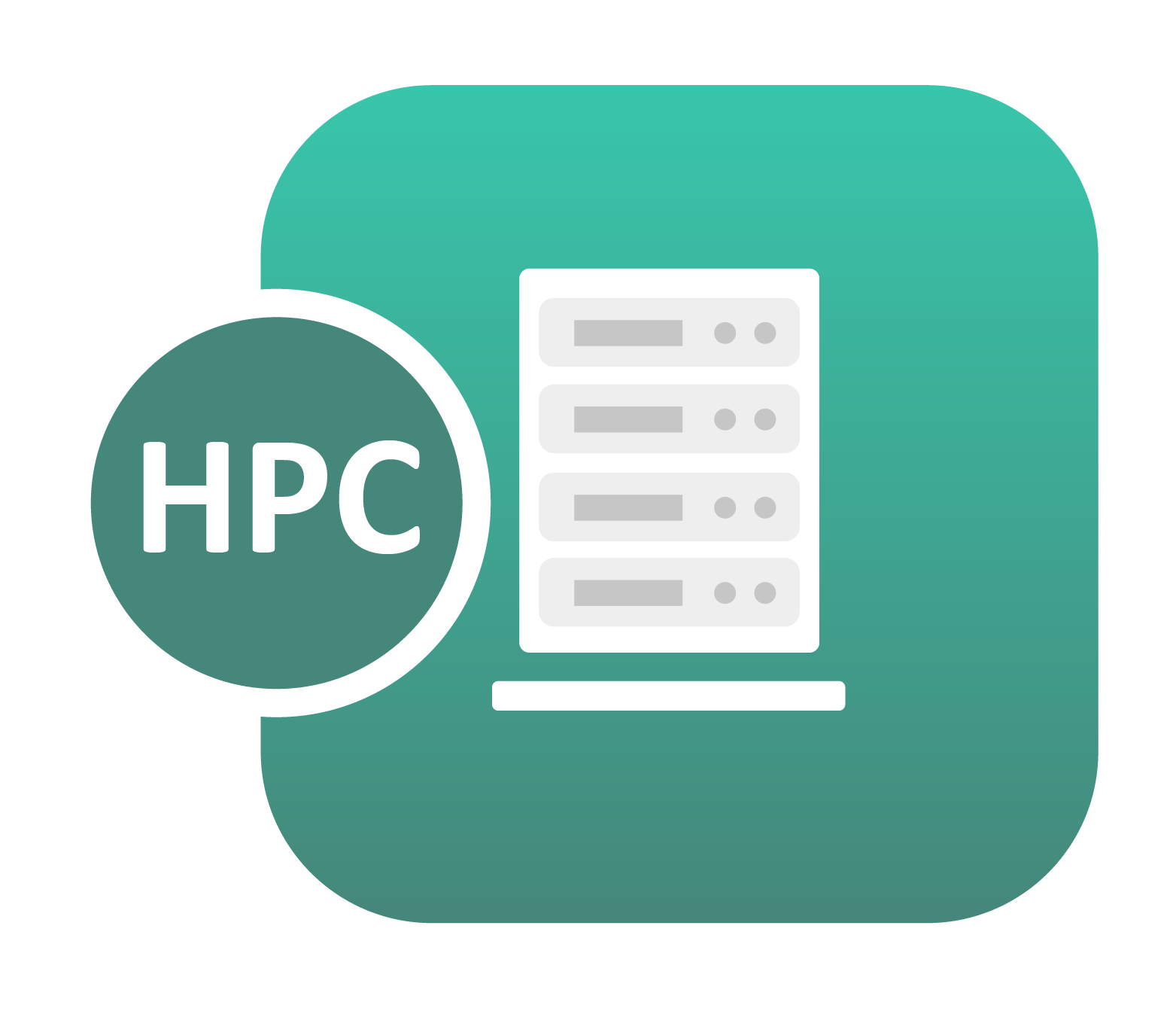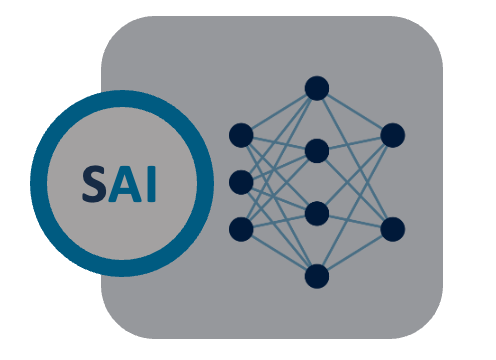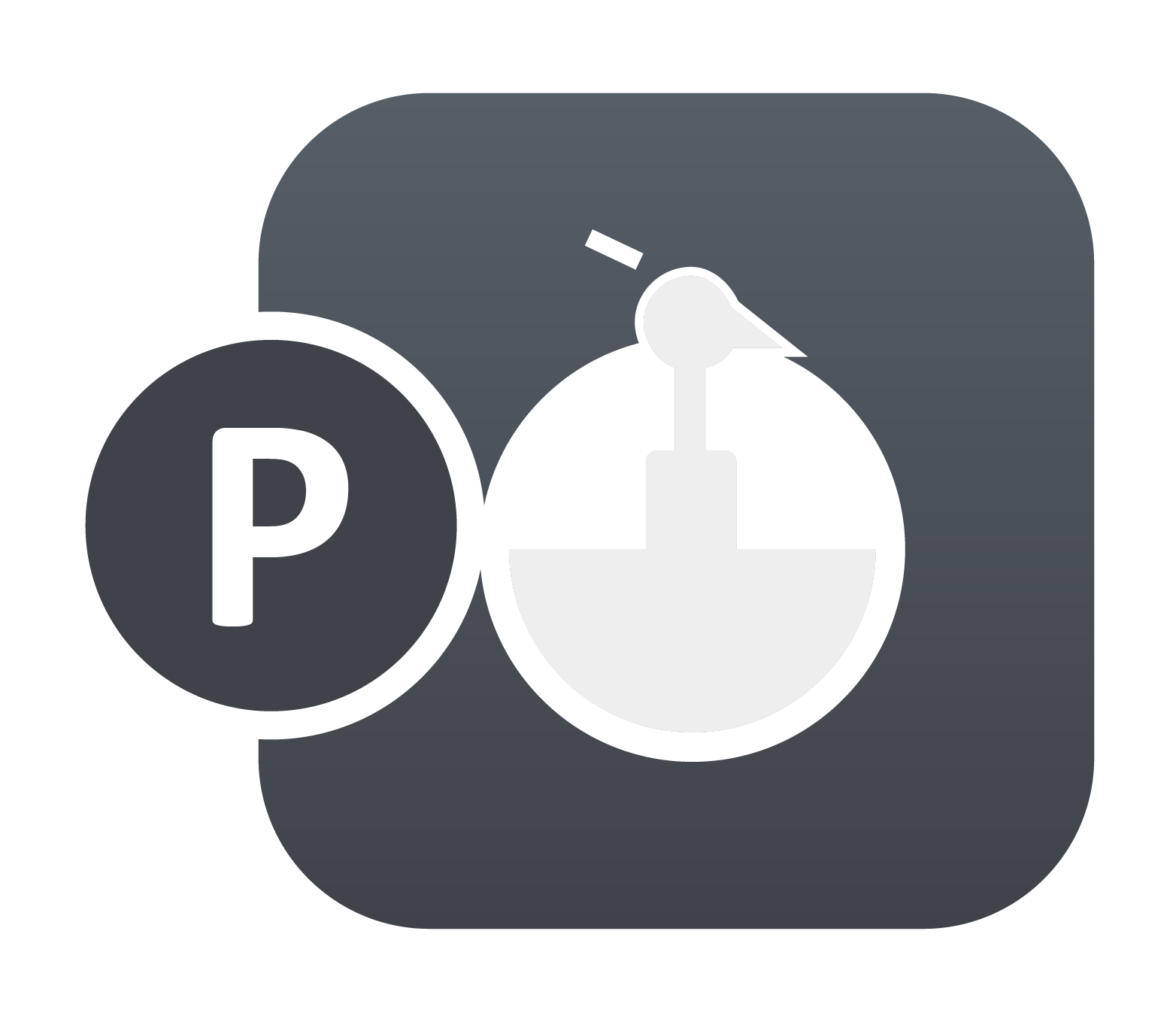Initially in Contact – TIEBREAK contacts
When using TIEBREAK contacts, options other than 1, ties nodes ONLY if the nodes are initially in contact. Nodes not initially in contact will not be tied but can interact with master segments like the traditioanal compression-only contacts. To enforce the “initially” in contact condition, the [initial_separation-(slave_thickness+master_thickness)*0..5] < 0 which causes the initial penetration or…













